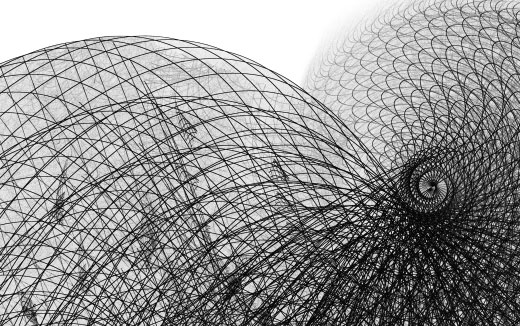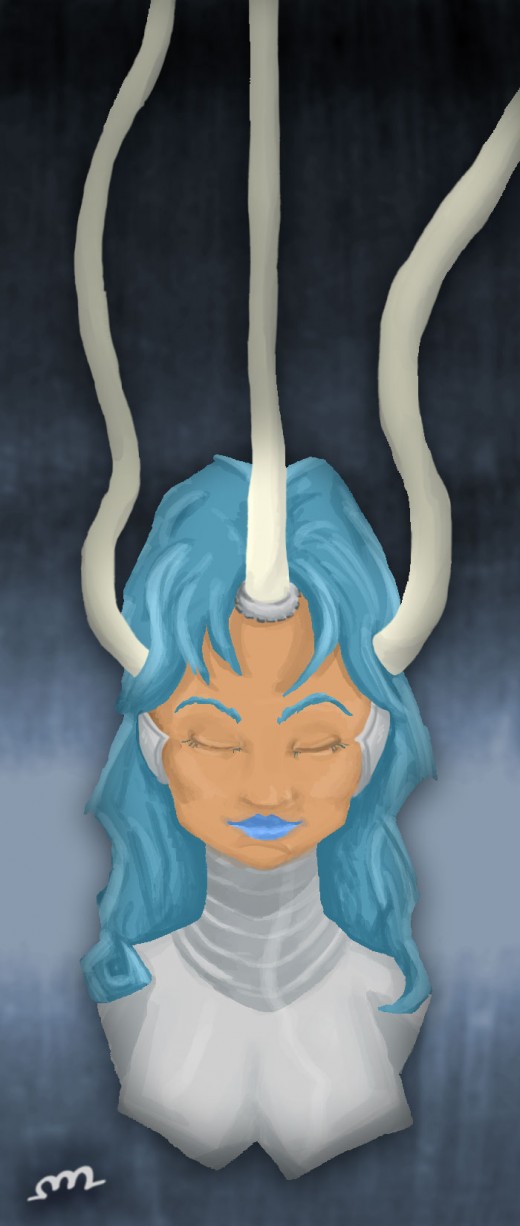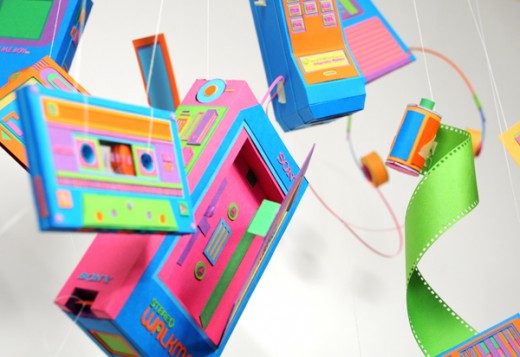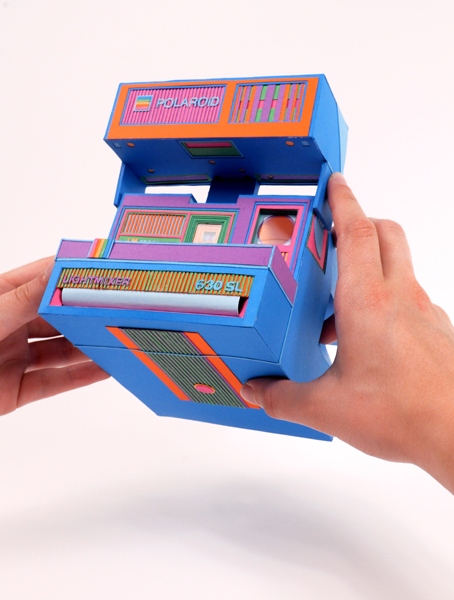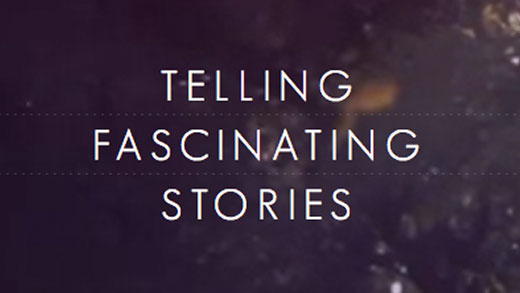July 23, 2012 - Comments Off on The MechCast 202: I’m Analog, I’m Digital
The MechCast 202: I’m Analog, I’m Digital
The Mechanism brings a unique perspective to interactions with our clients and team. This frame of reference was recently clarified during a conversation with a colleague from a previous job. The two of us have been in the interface industry, arguably since it began in the early 90’s, giving us a different outlook on the design and interactions with clients which produce enlightened creative solutions.
He said, “Dave, we understand the concept of being Digital, while we each possess very Analog dispositions.”
I know what he meant. He was referring to the fact that we had grown up and lived in a world that was once not Digital. We both understood what communication was before personal communication devices. We had experienced the multiple connection revolutions of the 90's, when mobile networks made it affordable to evolve from a device called a "Pager" to a "cellular phone" to "Palm Pilot" to "smartphone". We understood what it meant to spec and order type before we became typographers and we knew how creative solutions were delivered to clients before the computer became the tool that turned everyone into a graphic designer. Rather than standing by complacently observing a communication and creative revolution take place in our lifetime, - we had both chosen to become "Digital" as our lifestyle and profession, yet brought all of the foresight and understanding of what it meant to be "Analog" along for the ride. It’s a rarity that we avoided becoming Luddites or at least individuals that stopped thirsting for the continual influx of wired knowledge, advancing us to become more Digital creatures, while simultaneously holding on to what it meant to be Analog human beings.
It’s a rarity that we avoided becoming Luddites or at least individuals that stopped thirsting for the continual influx of wired knowledge, advancing us to become more Digital creatures, while simultaneously holding on to what it meant to be Analog human beings.
This is an interesting perspective for many reasons, but I believe that my colleague also inadvertently hit on why perhaps, The Mechanism has managed to grow as a collaborative and successful digital agency for 11 years.
Being “Digital” forces us to understand how all User Experiences best translate across myriad devices, as now a days we can get different types of translation services online in sites such as https://www.espressotranslations.com/gb/certified-translation-services-london/ thanks to the digital age. Programmers in the Digital space must know the solution before the client even asks the question. It’s also vital that "Digtalists" are generating The Wave and not simply riding it's crest - which is why people that work at The Mechanism are expected to stay ahead of future programming and technical trends.
Being completely Digital, however can make us all a bit apathetic. Communicating with only a buffer of pixels between two human beings breeds misinterpretation.
The human component vital to conversation tends to curtail any miscommunication or misinterpretation that occasionally occurs within the singularly Digital realm.
As soon as you incorporate the concept of being “Analog” – or what I believe is an organic and human component to how we actually do business – that’s when you have something really special.
Despite our swift evolution to being Digital humans, we still perceive the world in Analog. Everything we see and hear is a continuous transmission of information to our senses. I’m much more comfortable walking up to someone in the office to discuss an interface or design solution than to carry on a conversation through Skype (no matter how many "(mooning)" emoticons I can successfully squeeze into a single chat).
The human component vital to conversation tends to curtail any miscommunication or misinterpretation that occasionally occurs within the singularly Digital realm. And that goes for clients as well – while I happily communicate using email or other means of digital services to solve problems, I am best suited (as humans all are) for natural, face-to-face interaction. Until our facial expressions and body language are translated in the Digital realm via real-time color, patterns or background sound recognized by your digital communication device, we won't begin to scratch the surface of everything that Analog communication can accomplish.
In his statement I alluded to above, my friend Jon touched upon the core of what truly can separate a great technical or visual agency from a simply great agency, period. I’d much rather work with clients that I could sit down and have a drink with after work, than simply shift pixels back and forth with. While I rarely get the chance to spend this kind of quality time with clients, it remains the core of what makes us all beautifully vulnerable and what keeps me striving to hold on to Analog traits in an increasingly Digital reality.
Notably this minor revelation occurred between two humans, born Analog, reared Digitally, both communicating without filters over a couple beers at a pub.
More importantly, no "0's" or "1's" were harmed during our conversation.
Published by: davefletcher in The Mechcast
Tags: analog, design, digital, evolution, perspective, technology
